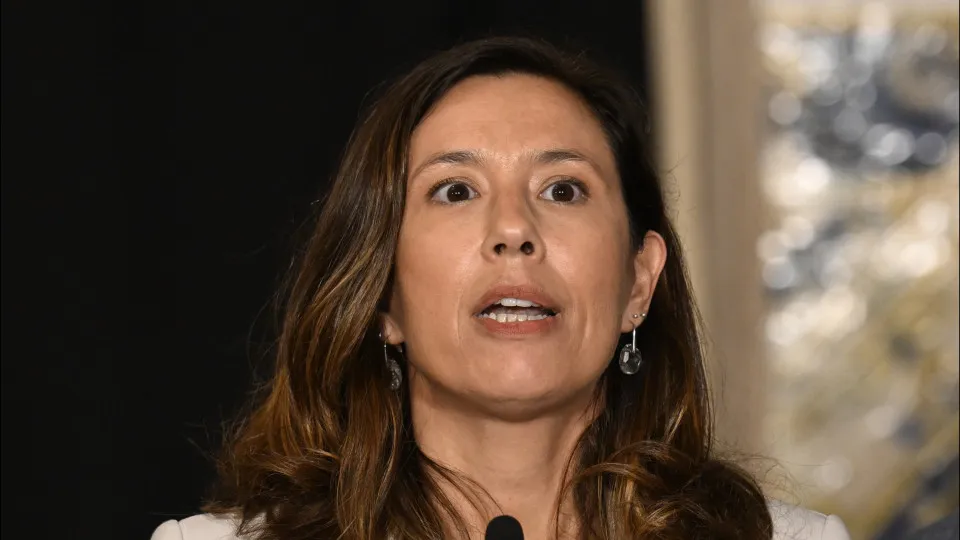
Participatory democracy practices, such as participatory budgets and youth assemblies, have spread geographically in Portugal, although they remain more prevalent in municipalities with higher population density and along the coast, a study has found.
This study, titled ‘Democratic Innovations in Portugal,’ is coordinated by the Instituto de Ciências Sociais (ICS) at the University of Lisbon and is set to be presented this afternoon at the Calouste Gulbenkian Foundation in Lisbon.
The results are preliminary, based on three months of work, and will need to be confirmed when the research concludes at the beginning of 2026.
In comments to Lusa, the study’s coordinator, ICS researcher Roberto Falanga, indicated that the aim was to understand the evolution, over the 50 years since April 25, 1974, of citizen participation practices “beyond electoral voting, referendums, or petitions.”
From participatory budgets to municipal assemblies with young people and children, or forums related to territorial planning, these researchers rely on surveys of municipalities and analyses of media articles to study the evolution of these practices. This will be complemented, following municipal elections, by research into the archives of Lisbon, Porto, and Évora.
According to data collected over three months, Roberto Falanga noted that there has been an “exponential increase” in these types of practices in Portugal over the last ten years.
However, Roberto Falanga cautioned that this increase is not so much due to “greater political involvement of the population” but because such practices are now much more documented than they were ten or 20 years ago, making them easier for researchers to capture.
Geographically, Roberto Falanga highlighted that municipalities where these practices are most used have “higher population density, particularly coastal cities” like Lisbon, Cascais, or Loures, although there are exceptions such as Valongo, Guimarães, or Braga.
He further noted that there has been a “geographical dispersion” of these practices across Portugal, contrasting with observations from the 2000s, when there was a “clear concentration” in the Lisbon Metropolitan Area.
“From 2014/2015, we started to see a dispersion of practices, especially in the center and north of the country. In fact, over the last two years, we have had a sharp increase between 2019 and 2022 and now the region with the most practices is the north, not the Lisbon Metropolitan Area,” he mentioned.
According to preliminary study results, these practices are primarily initiated by the municipalities themselves and mostly aim to “solve problems.” There are few initiatives intended to develop a “collective future agenda” or to “monitor or evaluate existing public policies.”
In terms of public policy areas where these practices are most recurrent, Roberto Falanga highlighted finance and economy through participatory budgets, education with municipal assemblies involving young people and children, and territorial planning through forums related to urban planning.
The researcher advocated that these practices “are very important” for the health of democracy and prove that “democracy is much more than the electoral moment.”
“There are more ways, other ways to rebuild the connection between the elected and the voter. [These practices] can serve not only to solve practical problems and improve public policies but also to reinforce democratic values themselves,” he said.




